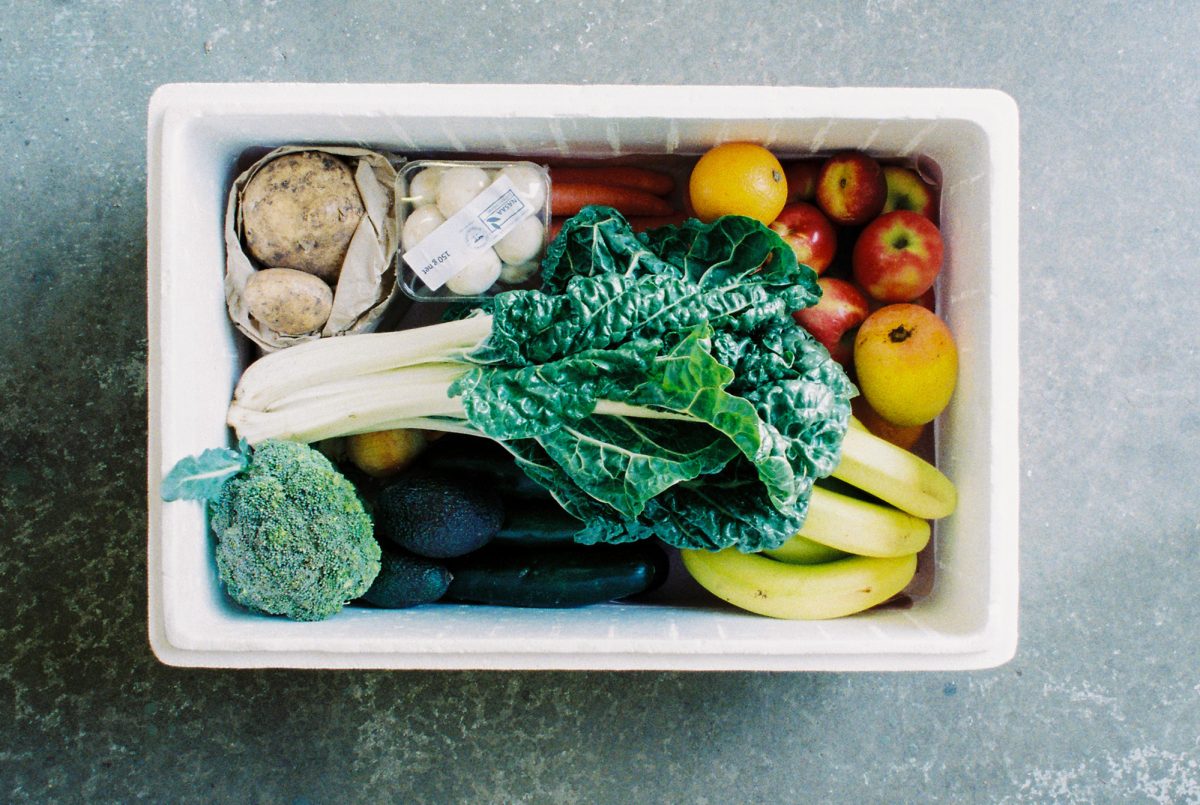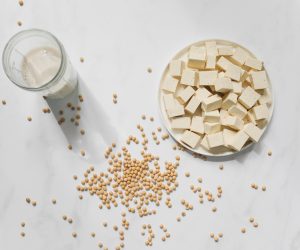
Healthy Diet Plays Vital Role in Warding Off COVID-19
Angela Betsaida B. Laguipo, BSN via News-Medical Net – The COVID-19 pandemic continues to spread globally, with over 62.26 million people infected. With the rapid spread of its causative agent, the severe acute respiratory syndrome coronavirus 2 (SARS-CoV-2), it is crucial to determine ways to prevent infection.
The immune system protects the host from pathogenic organisms, including viruses, bacterial, fungi, and parasites. To deal with a broad range of threats, the immune system has evolved to include many specialized cell types that communicate and work in tandem to fight off infections.
Since the immune system is active in carrying out surveillance throughout the day, it needs adequate nutrients. Several vitamins and trace elements have been shown to reduce the risk of infections.
A researcher at the School of Human Development and Health, Faculty of Medicine, University of Southampton, explored nutrition’s role in boosting the immune system to combat COVID-19 infection.
The study published in the BMJ Nutrition, Prevention & Health highlights the importance of nutrition in boosting the immune system’s ability to fight off infection.
The Immune System
The immune system is a complex network of cells and proteins that defends the body against infection. It keeps a record of every pathogen it has ever encountered to recognize and kill it if it enters the body again.
Immunological memory refers to the immune system’s ability to quickly recognize an antigen that the body has previously encountered and initiated a corresponding immune response.
Many factors could alter the body’s immune response. Aging can be tied to a loss of immune system competence, called immunosenescence.
Immunosenescence is characterized by reduced immune cells, including T lymphocytes, B lymphocytes, dendritic cells, neutrophils, monocytes, macrophages, and natural killer cells.
One factor associated with immunosenescence is a reduction of immune cells from the bone marrow, where these cells come from. All these processes that occur in old age could predispose older people to more severe COVID-19.
Obesity is also tied to a reduced immune response. Usually, obese people experience impairments in the activity of helper T lymphocytes, cytotoxic T lymphocytes, B lymphocytes, and natural killer cells. They also have reduced antibody and interferon-gamma (IFN-y) production. This predisposes them to develop severe COVID-19.
Also, obese people may have a poorer response to vaccination. Obesity has also been linked to increased blood concentrations of many inflammatory mediators, a state of chronic low-grade inflammation. When infected, the immune system may mount an excessive inflammatory response like a cytokine storm, making them vulnerable to severe COVID-19.
Nutrition and Immunity
The immune system functions at all times, but specific cells become activated by the presence of pathogens. The activation leads to a marked increase in the immune system’s demand for energy-yielding substrates, including fatty acids, glucose, and amino acids.
Some nutrients, such as vitamin A and D, are direct regulators of the gene expression in immune cells. They play essential roles in the maturation, differentiation, and responsiveness of immune cells.
Antioxidants also play critical roles in protecting the body against oxidative stress. Classic antioxidant vitamins include vitamin C and E, including antioxidant enzymes such as catalase, glutathione peroxidase, and superoxide dismutase.
Hence, keeping the body well-nourished is crucial to combat the coronavirus pandemic. Good nutrition provides an environment where the immune system can respond quickly and appropriately to infection. Meanwhile, nutrient deficiency makes the body and the immune system unable to work correctly.
In a nutshell, keeping the body nourished with vitamins and minerals is essential in the fight against severe acute respiratory syndrome coronavirus 2 (SARS-CoV-2). In some cases, even if a person gets infected, the body’s immune system can readily fight off the pathogen, reducing the risk of developing severe illness.
Vitamin A, B6, folate, C, D, and E, including trace elements like zinc, copper, iron, and selenium, have been demonstrated to play key roles in supporting the immune system and reducing the risk of infections.
“It would seem prudent for individuals to consume sufficient amounts of essential nutrients to support their immune system to help them to deal with pathogens should they become infected,” the researchers explained.
“Consumption of a diet of diverse and varied plant-based and animal-based foods that are consistent with current healthy eating guidelines would be best to support the immune system,” they encouraged.
- Philip C Calder (2020). Nutrition, immunity, and COVID-19. BMJ Nutrition, Prevention & Health. https://nutrition.bmj.com/content/3/1/74
To read the original article click here.






